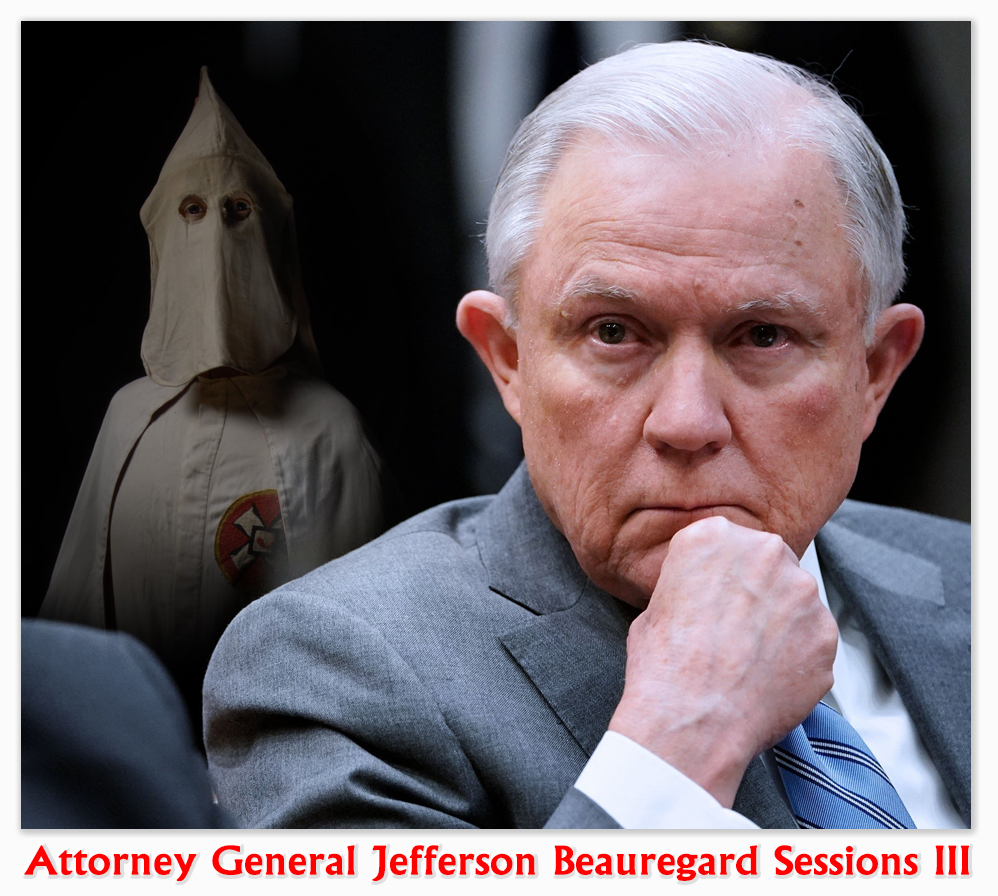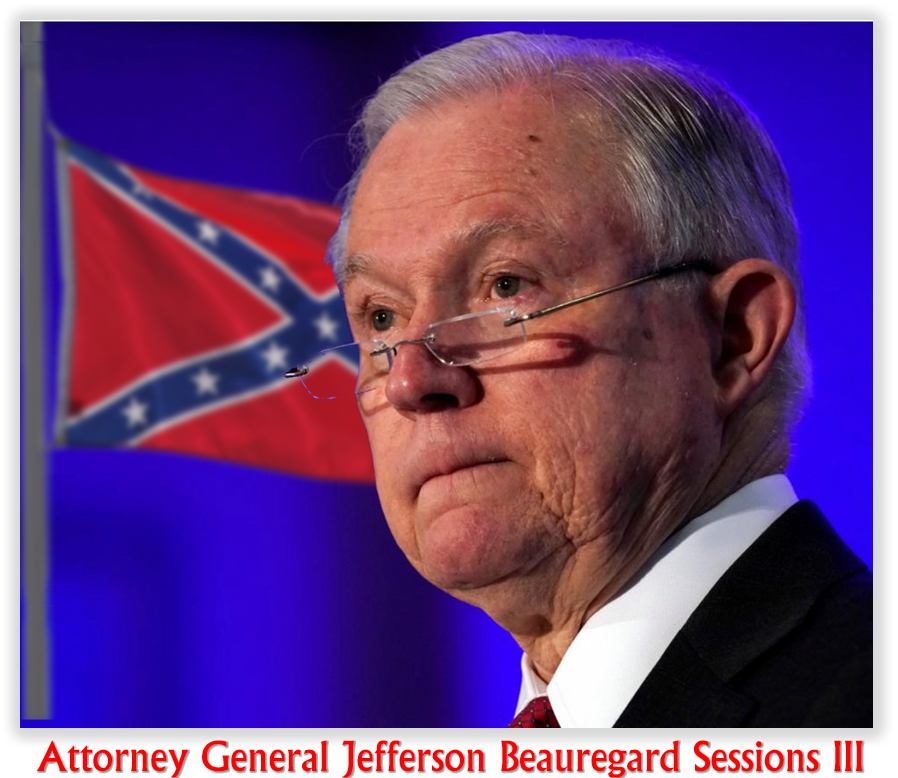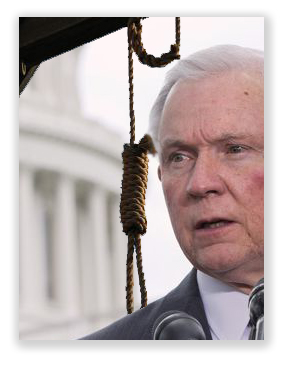We post news and comment on federal criminal justice issues, focused primarily on trial and post-conviction matters, legislative initiatives, and sentencing issues.

SENATE POISED TO CONSIDER AMENDED FIRST STEP ACT
Criminal justice reform advocates confirmed to the Washington Examiner last week that sentencing reform provisions will be included in the FIRST STEP Act (S.2795), to be unveiled shortly after tomorrow’s mid-term elections, amendments which are likely to trigger an intense lame-duck struggle over attaching penalty reductions to a White House-backed prison reform bill.
 The FIRST STEP Act passed the House in a 360-59 vote earlier this year, but without sentencing reforms. Reform advocates expect rapid legislative action after a pre-election pause, and believe there will be enough votes to pass the expanded legislative package. Two people close to the process told the Washington Examiner that a bipartisan group of senators has agreed to attach a set of sentencing reforms to the House-passed bill.
The FIRST STEP Act passed the House in a 360-59 vote earlier this year, but without sentencing reforms. Reform advocates expect rapid legislative action after a pre-election pause, and believe there will be enough votes to pass the expanded legislative package. Two people close to the process told the Washington Examiner that a bipartisan group of senators has agreed to attach a set of sentencing reforms to the House-passed bill.
The additions include shortening federal three-strike drug penalties from life in prison to 25 years, reducing two-strike drug penalties from 20 years to 15, unstacking 18 USC 924(c) sentencing enhancements to require a conviction on the first 924(c) charge before 25-year minimum mandatory sentences apply, making the 2010 Fair Sentencing Act (that cut crack penalties) retroactive, and expanding the 18 USC 3553(f) “safety valve.”
“We are very excited about it. We think that the four reforms that are in the bill are ones that make sense,” said Mark Holden, the general counsel of Koch Industries and an influential conservative reform advocate. “From what we understand, there are enough votes — plenty — for it to happen.”
Both Holden and another person close to the legislation drafting process, who asked not to be identified, said there is wording to reduce concern about illegal immigrants benefiting from sentencing reform.
 Many of the proposed changes to the FIRST STEP Act are included in the Sentencing Reform and Corrections Act (S.1917), which passed the Senate Judiciary Committee last February but has not been brought to the floor for a vote. While the physical text of the new sentencing reforms is still being written, the SRCA provides a good example of what might be in the final bill text. “The sentencing reforms that could be included in the First Step Act… do not eliminate any mandatory minimum sentences,” wrote FreedomWorks vice president Jason Pye in The Hill last week. “But these proposed reforms would apply a measure of common sense to federal sentencing law.”
Many of the proposed changes to the FIRST STEP Act are included in the Sentencing Reform and Corrections Act (S.1917), which passed the Senate Judiciary Committee last February but has not been brought to the floor for a vote. While the physical text of the new sentencing reforms is still being written, the SRCA provides a good example of what might be in the final bill text. “The sentencing reforms that could be included in the First Step Act… do not eliminate any mandatory minimum sentences,” wrote FreedomWorks vice president Jason Pye in The Hill last week. “But these proposed reforms would apply a measure of common sense to federal sentencing law.”
Holden said he expects the White House, particularly presidential adviser and son-in-law Jared Kushner, to forcefully back the bill. Last month, President Trump said in a Fox News interview that while Attorney General Jefferson Beauregard Sessions III opposed sentencing reform, Trump was in favor. “”If he doesn’t support reform, then he gets overruled by me,” the President said. “Because I make the decision, he doesn’t,” Trump said Oct. 11.
“I think President Trump is doing a really good job on these sentencing reform measures,” Holden said. “He’s right, he’s the president, he makes the call, and we’re glad he said it.”
 It’s unclear how a group of Republican skeptics, such as Sen. Tom Cotton of Arkansas, will react. Senate Majority Leader Mitch McConnell (R-Kentucky), will be the ultimate decision-maker in whether the bill gets a floor vote. A Louisville Courier-Journal writer said last week that with prison and sentencing reforms polling off the charts in Kentucky, and Sen. Rand Paul (R-Kentucky) leading the charge, there is little doubt McConnell will find enough votes during the promised whip count (he needs 60) to send the bill to the floor.
It’s unclear how a group of Republican skeptics, such as Sen. Tom Cotton of Arkansas, will react. Senate Majority Leader Mitch McConnell (R-Kentucky), will be the ultimate decision-maker in whether the bill gets a floor vote. A Louisville Courier-Journal writer said last week that with prison and sentencing reforms polling off the charts in Kentucky, and Sen. Rand Paul (R-Kentucky) leading the charge, there is little doubt McConnell will find enough votes during the promised whip count (he needs 60) to send the bill to the floor.
The reform efforts have received significant White House support, and in turn, policy advocates have sought to build bridges with Trump-supporting activists. Last month, clemency advocates including Amy Povah of CAN-DO Clemency and Alveda King, the anti-abortion evangelical leader, hosted a panel at a Women for Trump event at Trump International Hotel in Washington.
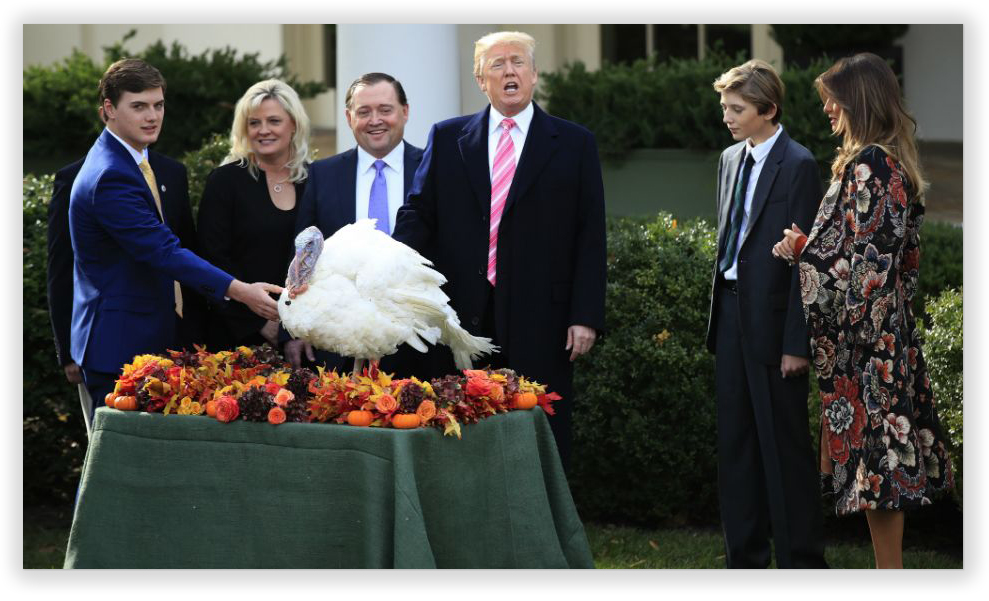 Povah wants Trump to supplement FIRST STEP passage with generous use of his constitutional pardon powers. Last month, Trump said “a lot of people” are jailed for years for “no reason” and that he was actively looking to release some. Povah said clemency would be particularly appreciated around the holiday, including Thanksgiving, when presidents pardon turkeys, disillusioning people who are looking for one.
Povah wants Trump to supplement FIRST STEP passage with generous use of his constitutional pardon powers. Last month, Trump said “a lot of people” are jailed for years for “no reason” and that he was actively looking to release some. Povah said clemency would be particularly appreciated around the holiday, including Thanksgiving, when presidents pardon turkeys, disillusioning people who are looking for one.
“I think Trump said it best, he said that he’s going to release a lot of people and I think a lot of people in prison took that seriously and literally,” Povah said.
Povah said she’s particularly grateful for Kushner’s role in pushing both legislation and clemency cases, particularly after Sessions’ appointment as attorney general (an appointment Trump openly regrets making and who is likely to resign or be fired after tomorrow’s election). “Jared is a beacon of hope for so many prisoners. They had lost hope for any leniency or reform when Jeff Sessions was sworn in as attorney general. If felt like a nail in the coffin,” she said.
Washington Examiner, Prison reform bill to include sentencing, setting up post-election fight (Nov. 4, 2018)
Americans for Tax Relief, The US Needs Sentencing Reform and the First Step Act (Nov. 2, 2018)
Louisville Courier Journal, Rand Paul and Mitch McConnell play key roles in justice reform (Nov. 1, 2018)
The Hill, Congress must make sentencing reform priority for public safety (Nov. 2)
– Thomas L. Root


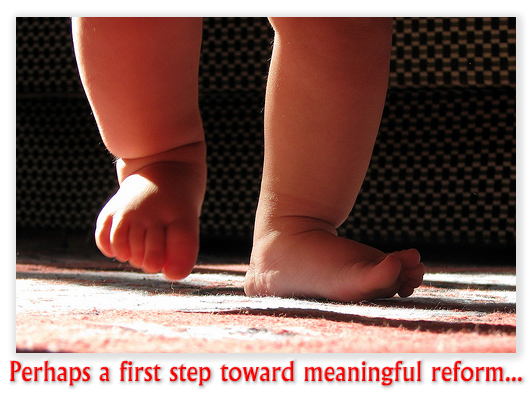 Several people involved in the negotiations had cautioned on Tuesday that the emerging agreement required an explicit endorsement from Trump in order to pass. Supporters of the bill would begin gauging support for the bill later this week, officials said, if Trump signed off on the measure.
Several people involved in the negotiations had cautioned on Tuesday that the emerging agreement required an explicit endorsement from Trump in order to pass. Supporters of the bill would begin gauging support for the bill later this week, officials said, if Trump signed off on the measure.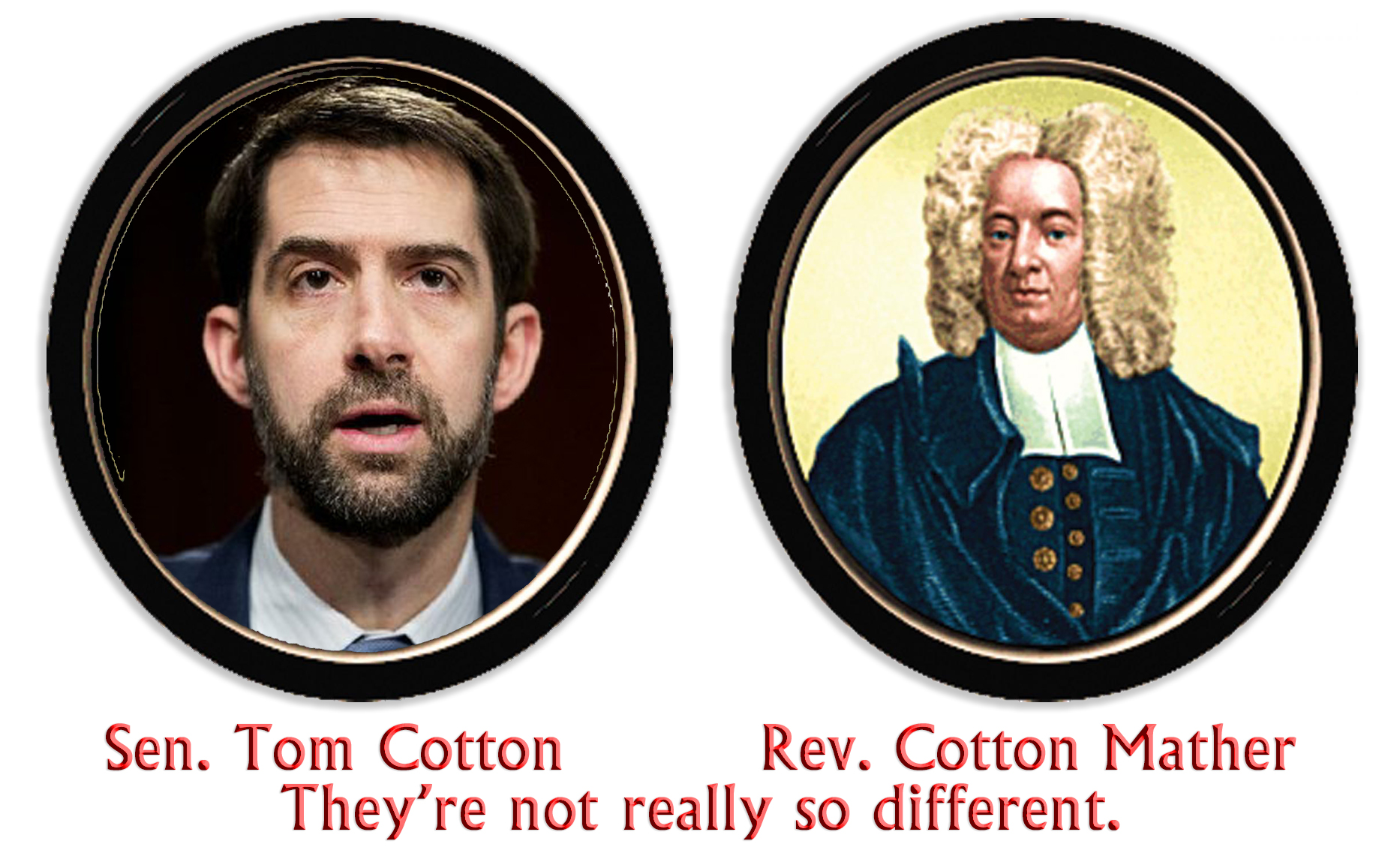 McConnell is expected to order a whip count later this week, and has pledged to bring the bill to the floor for a vote if the count shows 60 votes in favor of the bill. Trump’s support came after several law enforcement associations announced their backing for the legislation.
McConnell is expected to order a whip count later this week, and has pledged to bring the bill to the floor for a vote if the count shows 60 votes in favor of the bill. Trump’s support came after several law enforcement associations announced their backing for the legislation.







